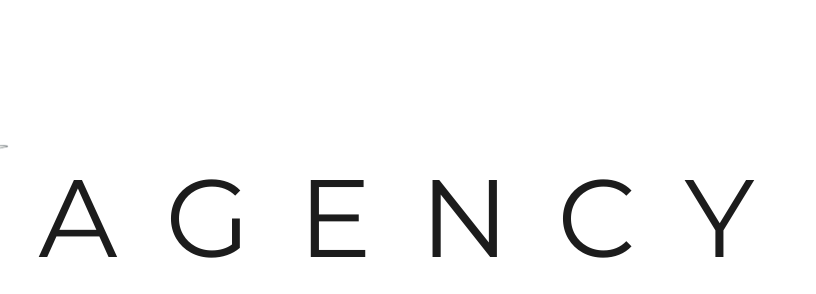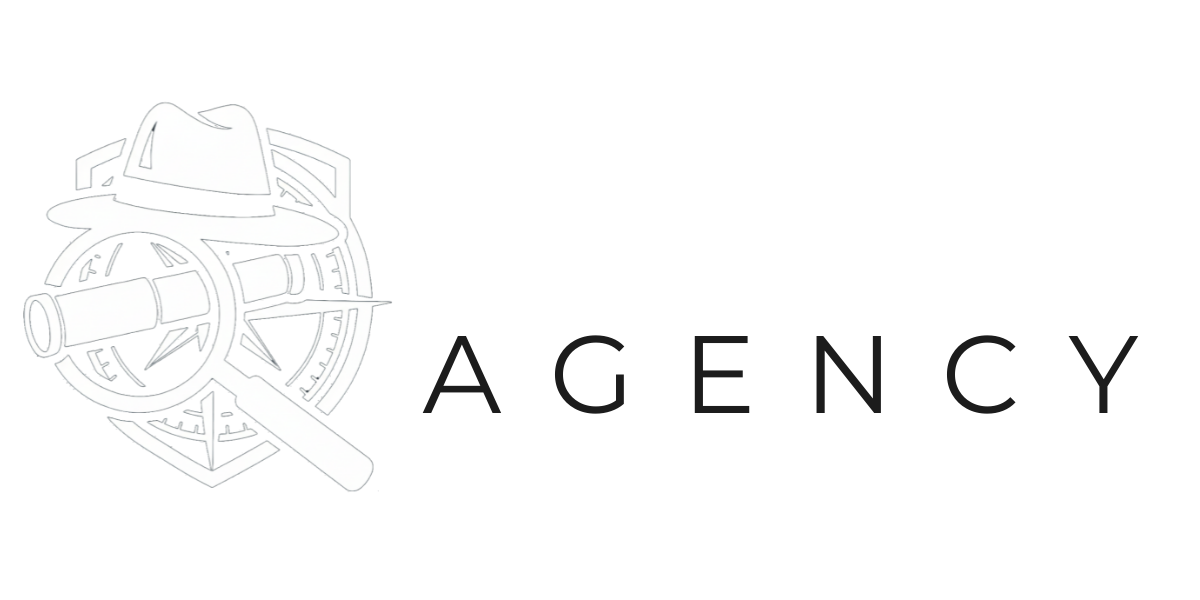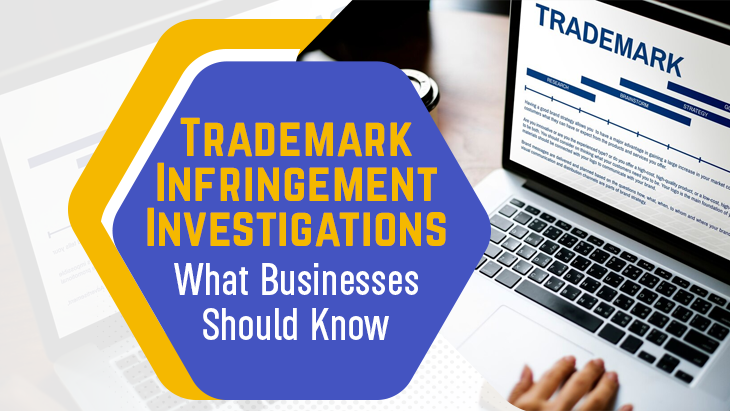Trademark Infringement Investigations: What Businesses Should Know
In the very competitive and brand-centric market, a trademark symbolises a company’s identity, integrity, and long-standing reputation rather than only its logo or slogan. As a crucial part of a company’s intellectual property rights, Protecting trademarks has grown in complexity...




